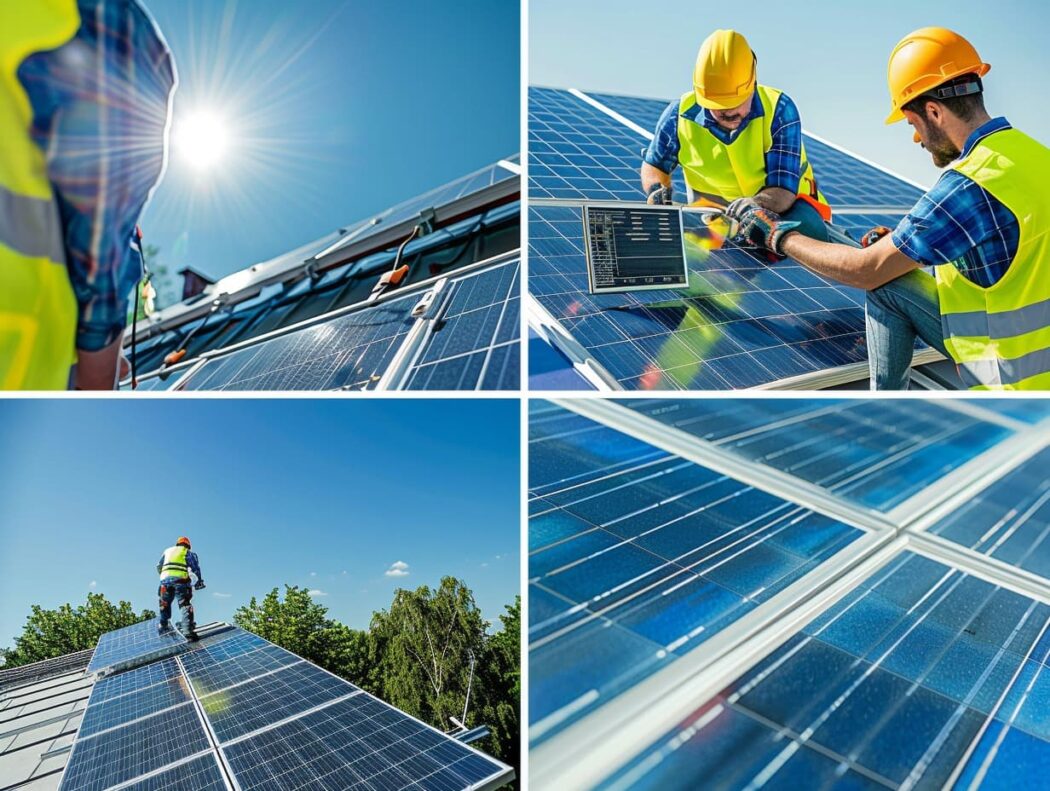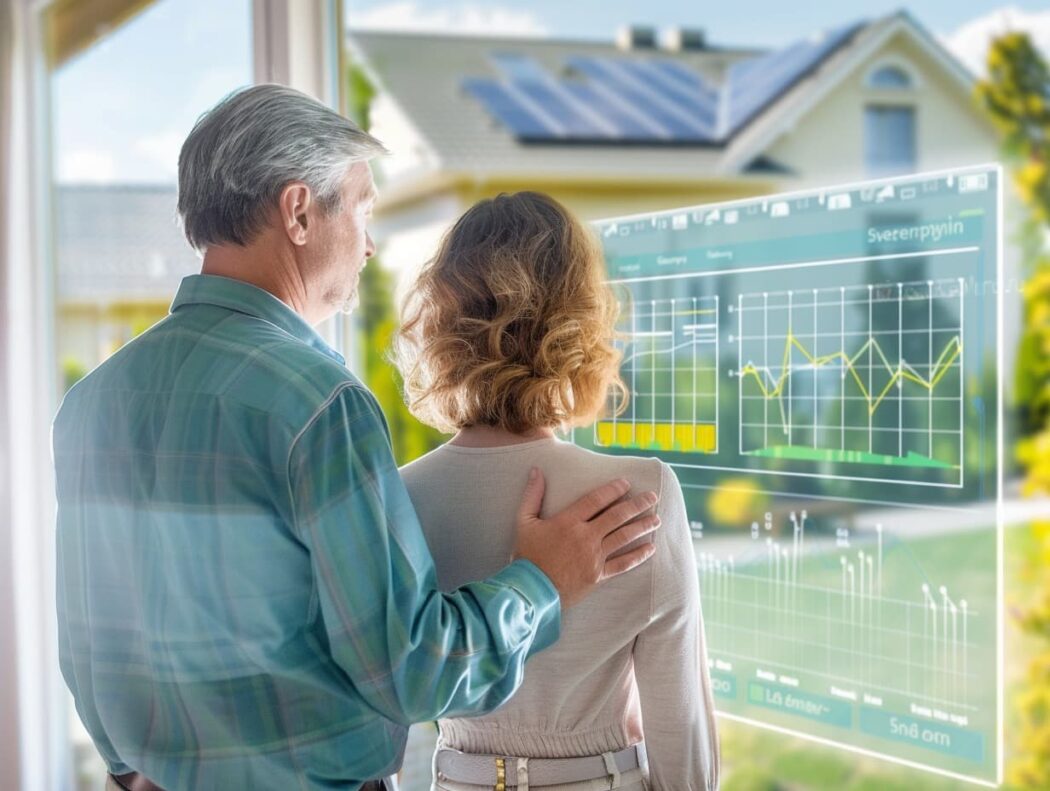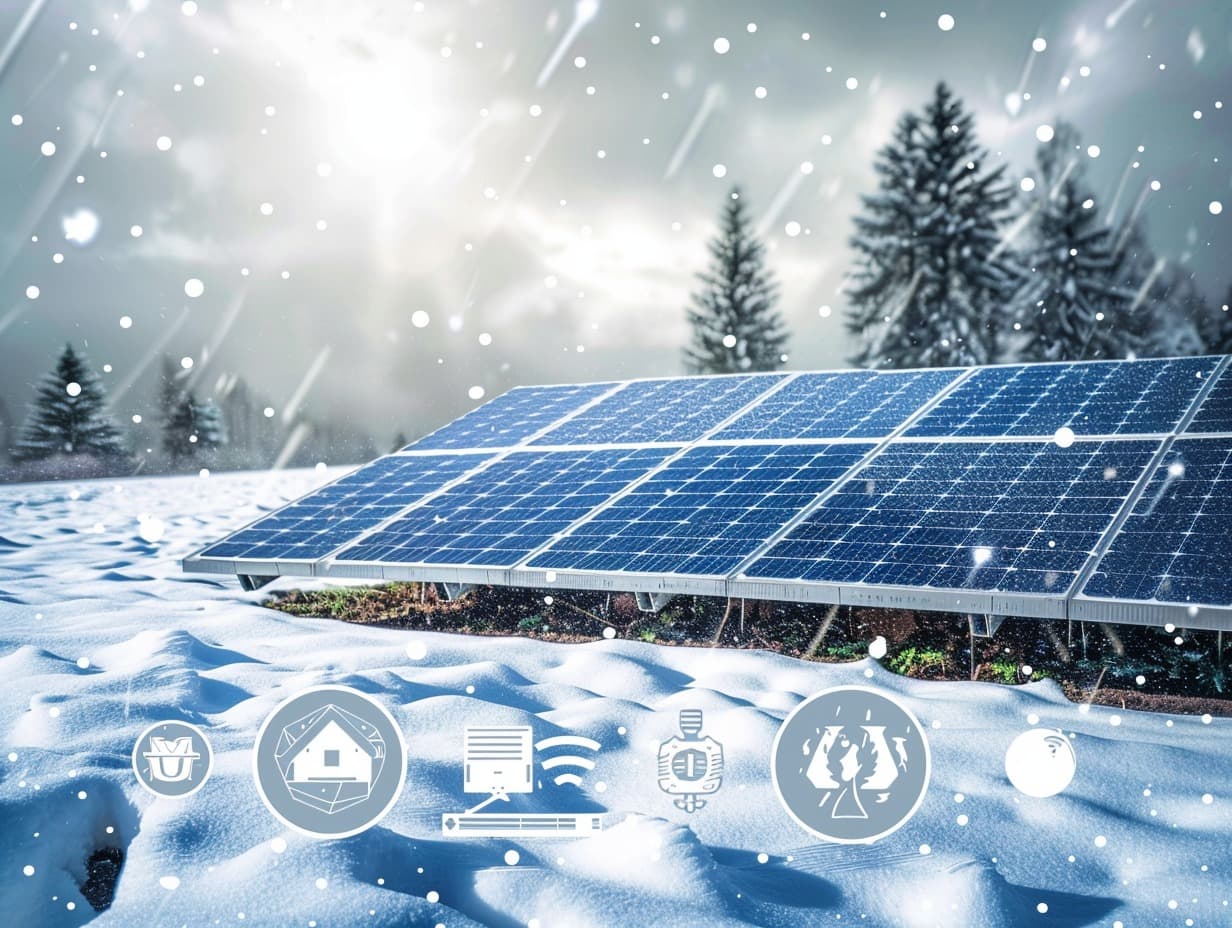The global shift towards sustainable energy sources is more than just a trend; it’s a necessity. According to the International Energy Agency, solar power is poised to play a pivotal role in this transition, with an estimated growth rate of over 20% in the coming years.
This increase in popularity highlights the importance of solar panels as a viable option for powering homes and businesses, providing a cleaner, more sustainable alternative to traditional energy sources. As we delve into the intricacies of solar energy, it becomes clear why its adoption is accelerating worldwide.
Advantages and Disadvantages of Solar Panels
Understanding the pros and cons of solar panels is crucial before making the leap. Solar energy, hailed for its minimal environmental impact, offers a plethora of benefits, ranging from reduced electricity bills to a smaller carbon footprint. However, it’s also important to acknowledge the potential drawbacks, such as initial installation costs and variable efficiency depending on geographical location.
| Advantages of Solar Energy | Disadvantages of Solar Energy |
| Renewable and low-carbon energy source Reduced electricity bills Low maintenance costs Diverse applications Solar panels are silent Easy to scale up system size Increased independence from the national grid Technology development Long product lifespan Potentially boost property value Financing options available | High upfront cost Relatively low efficiency ratings Dependent on sunlight The manufacturing can be environmentally damaging Solar panels are fixed at their installed location Roof limitations and space required |

Working Principles and Technical Details of Solar Panels
To fully appreciate the value of solar panels, it’s a good idea to have some knowledge of how they work. Solar panels convert sunlight into electricity through photovoltaic cells, creating a direct current (DC) that is then converted into usable alternating current (AC) by an inverter. This process, known as the photovoltaic effect, is the basis of solar panel technology.
Key Components and Their Functions
- Photovoltaic (PV) cells: The building blocks of solar panels that convert sunlight into electrical energy.
- Inverters: Devices that convert DC into AC, making the electricity suitable for home or business use.
- Mounting systems: Structures that secure solar panels on roofs or the ground.
Types and Applicable Scenarios of Solar Panels
Solar panels come in various types, each suited to different applications and needs. From monocrystalline to polycrystalline and thin-film panels, the choice depends on factors like efficiency, cost, and installation space. Understanding these differences is key to selecting the right solar panel for your specific situation.
Selecting the Ideal Type for Your Needs
- Monocrystalline solar panels: Known for their high efficiency and sleek appearance.
- Polycrystalline solar panels: Offer a balance between cost and performance.
- Thin-film solar panels: Best for flexible installation requirements but typically less efficient.
Installation and Maintenance of Solar Panels
The installation of solar panels is a process that requires careful planning and consideration. It involves assessing the site, installing the panels, and ensuring they are properly maintained to maximize their lifespan and efficiency. Regular maintenance helps identify and address issues such as dust accumulation or shading that can affect performance.
There are plenty of different applications of solar panel technology outside of just improving the efficiency of homes and commercial buildings. For example, incorporating a QR code on RV solar panels drastically improves functionality, allowing owners to easily access panel performance data and maintenance records. This integration of technology demonstrates the multiple ways solar panels can be adapted to meet different needs, whether you’re traversing the country, or making your home more energy efficient.
Market Trends and Prospects of Solar Panels
The market for solar panels is dynamic, with trends indicating a robust future. Factors driving growth include advancements in technology, decreasing costs, and increasing awareness of the environmental benefits of solar energy. This positive trajectory suggests that solar panels will continue to be an attractive option for those seeking sustainable energy solutions.
Cost and Return on Investment of Solar Panels
Investing in solar panels involves analyzing both the initial outlay and the potential returns. While the upfront cost can be substantial, the long-term savings on electricity bills and the potential for government incentives make solar panels a financially viable option for many. Understanding the specifics of cost and return is essential for making an informed decision.

How to Choose the Right Solar Panel
Choosing the right solar panel requires considering several factors, including efficiency, cost, warranty, and the manufacturer’s reputation. It’s also important to assess your energy needs and the solar potential of your property to ensure you select a system that meets your requirements.
Comparison with Other Renewable Energy Sources
When comparing solar panels to other renewable energy sources, such as wind or hydro power, it’s clear that each has its unique advantages and applications. Solar panels offer the benefit of versatility and relative ease of installation, making them suitable for a wide range of settings, from residential rooftops to commercial buildings.
Historical and Developmental Trends of Solar Panels
The evolution of solar panels reflects a journey of innovation and improvement. From their inception to the present day, advancements in materials and manufacturing processes have made solar panels more efficient, affordable, and accessible. This historical context highlights the progress made and the potential for future developments in solar technology.
By understanding the various aspects of solar panels, from their advantages and disadvantages to the details of installation and maintenance, consumers can make well-informed decisions about adopting this sustainable energy source. With the continued growth of the solar market, powered by innovation and increasing environmental awareness, solar panels stand out as a key component of a greener future for homes and businesses.



